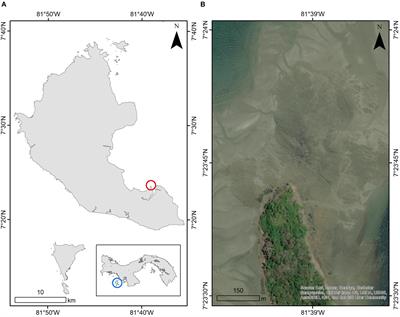EDITORIAL
Published on 24 Aug 2022
Editorial: Cyanobacterial and microalgal compounds: Chemical ecology and biotechnological potentials
doi 10.3389/fmars.2022.984160
- 1,164 views
- 4 citations
3,332
Total downloads
19k
Total views and downloads
EDITORIAL
Published on 24 Aug 2022
ORIGINAL RESEARCH
Published on 22 Mar 2022
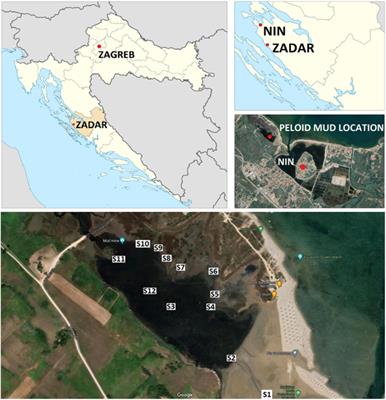
ORIGINAL RESEARCH
Published on 01 Mar 2022
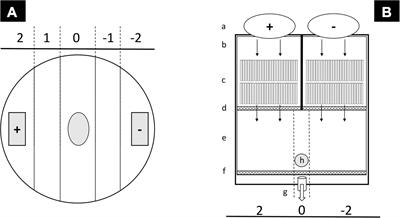
ORIGINAL RESEARCH
Published on 17 Feb 2022
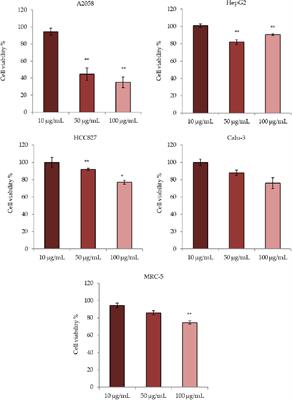
ORIGINAL RESEARCH
Published on 06 Jan 2022
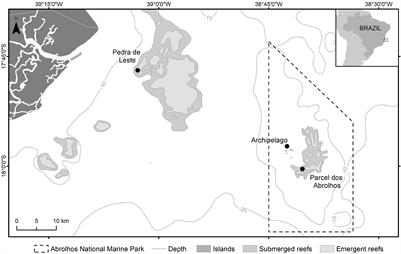
ORIGINAL RESEARCH
Published on 10 Nov 2021
